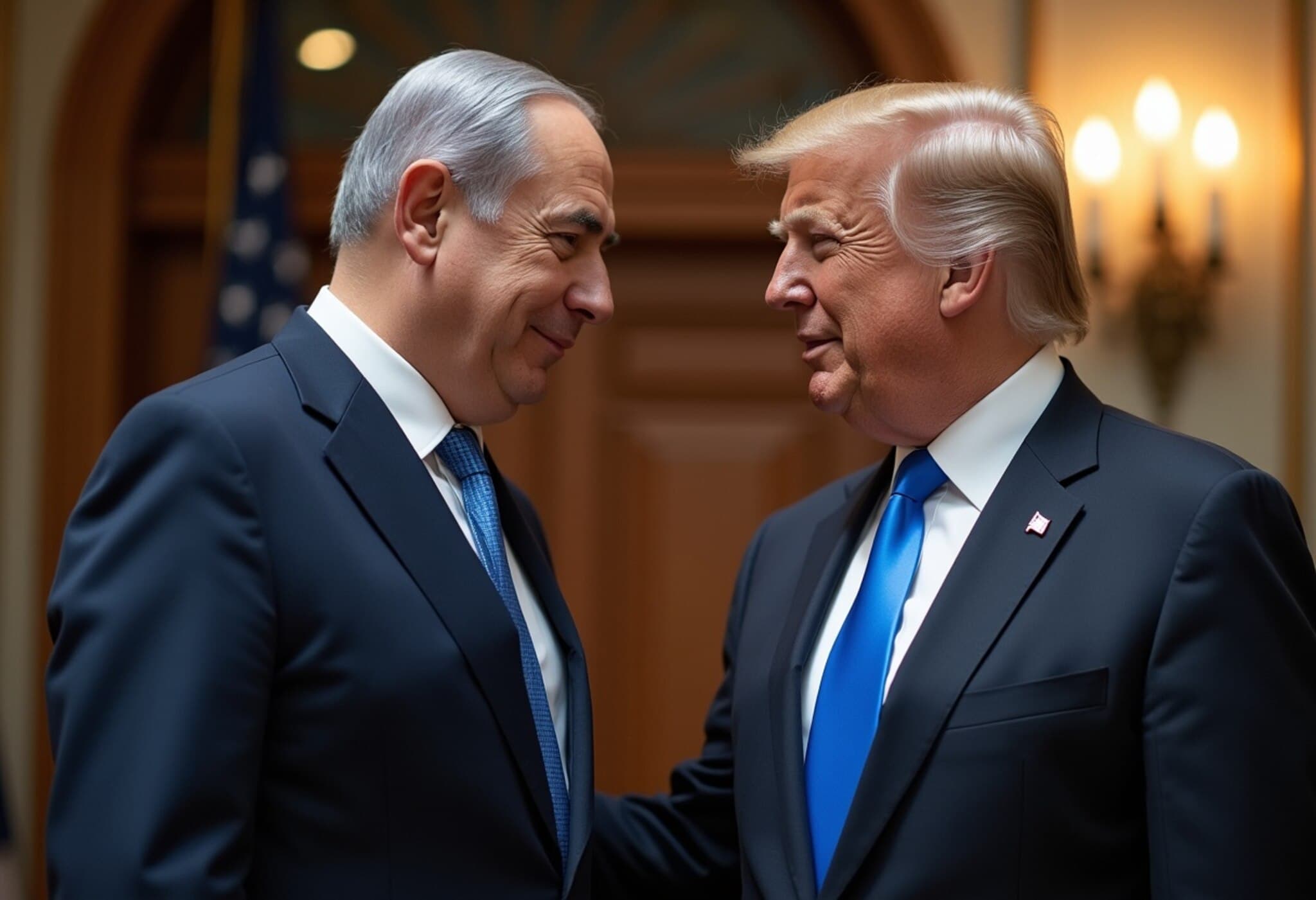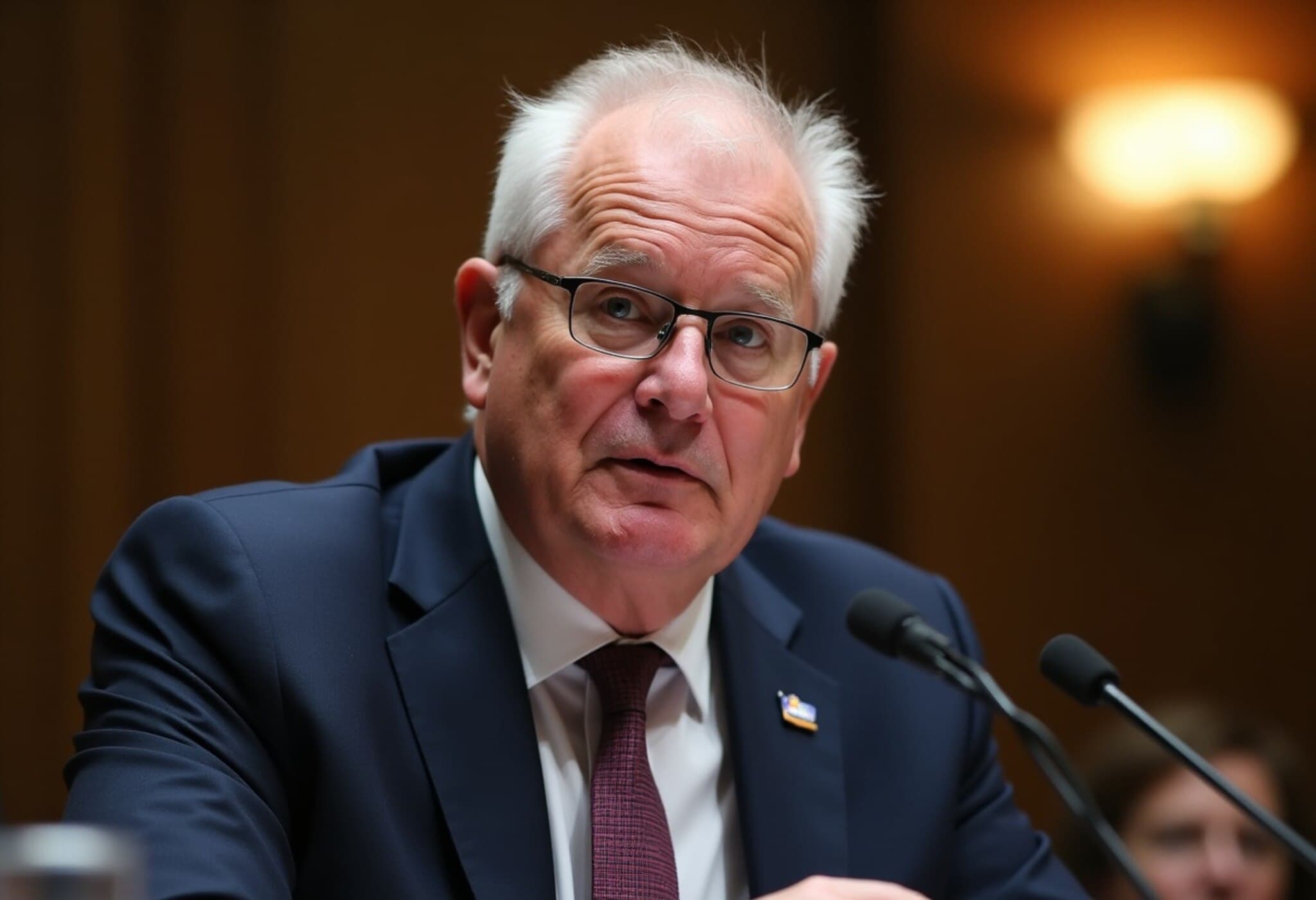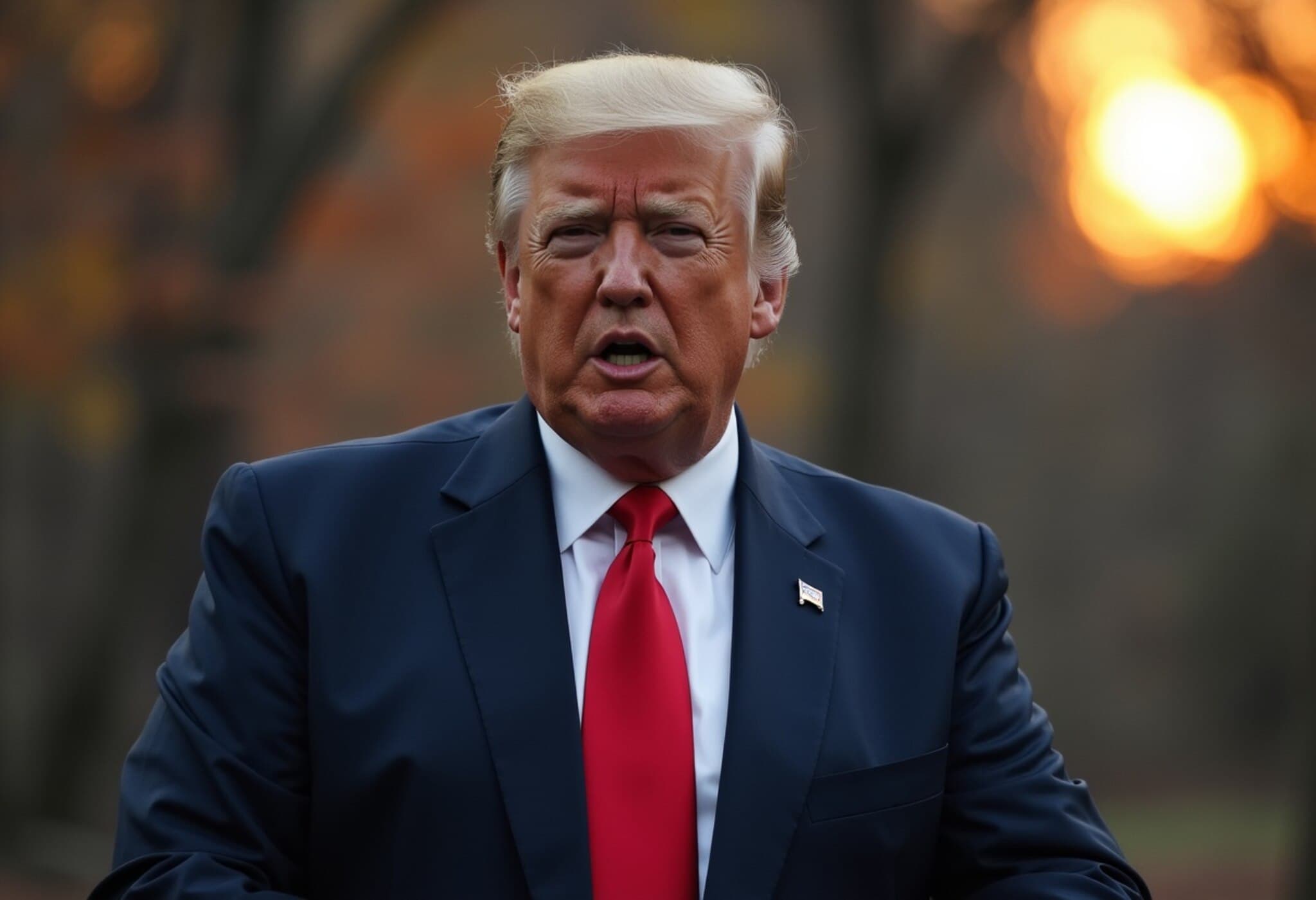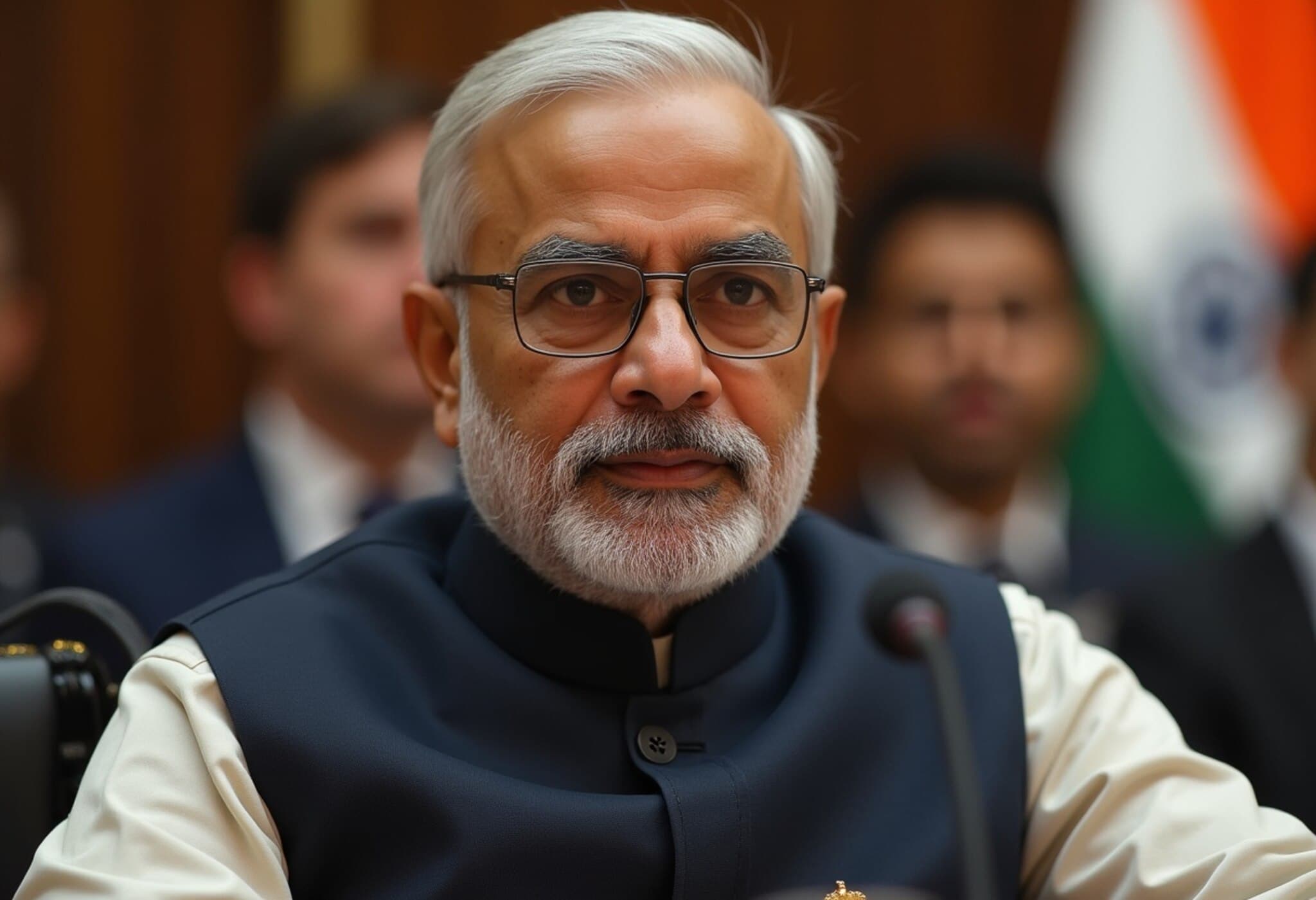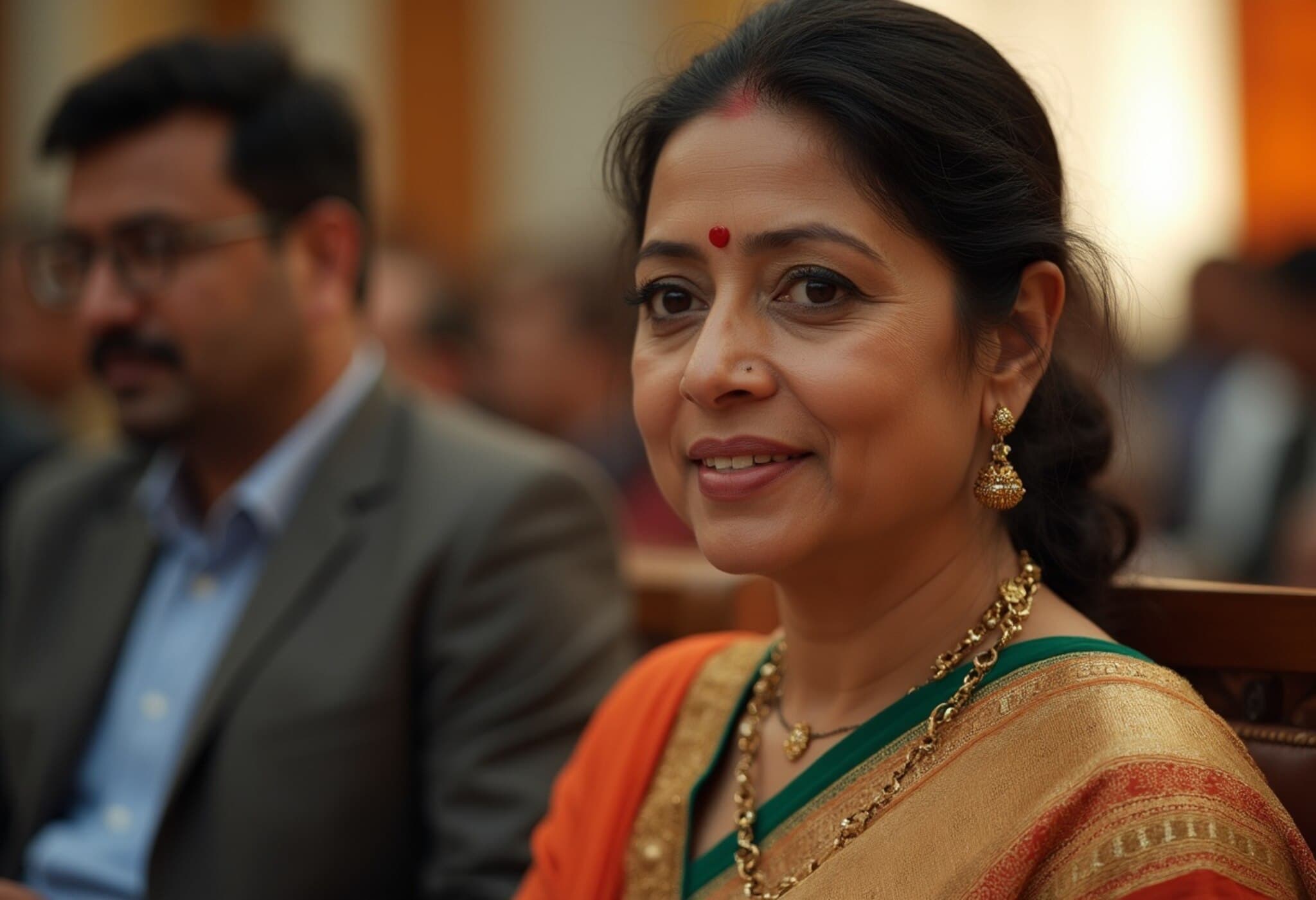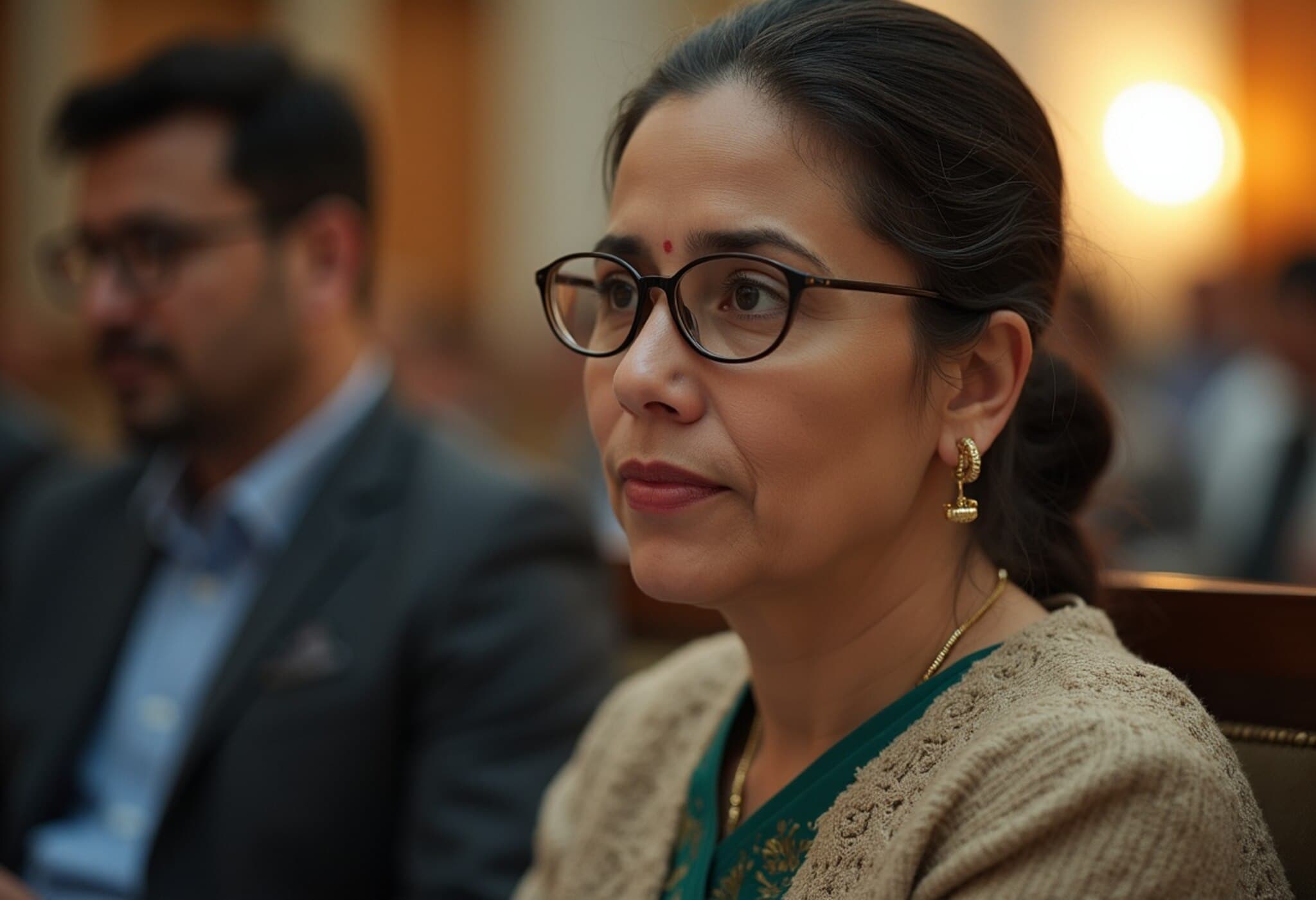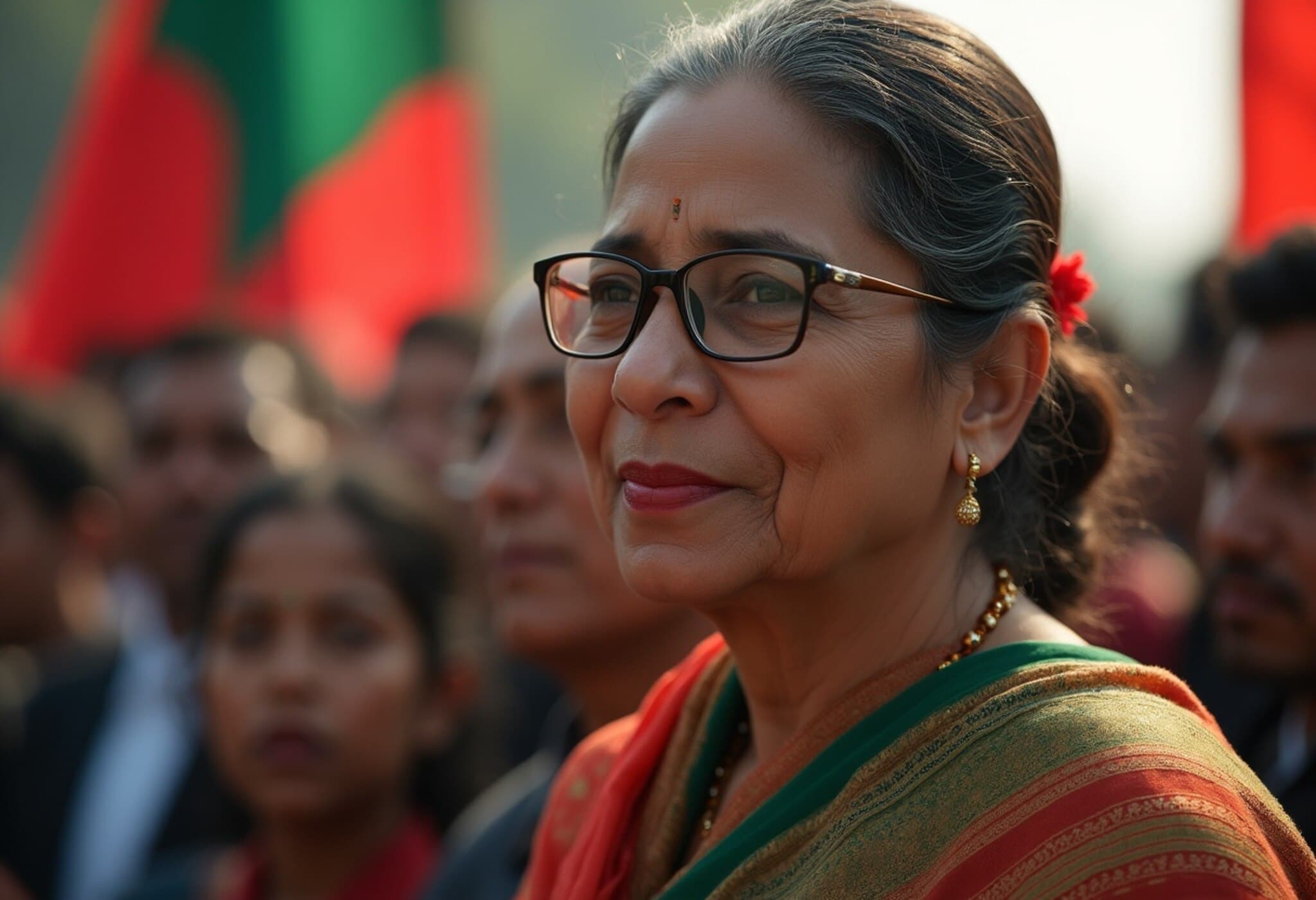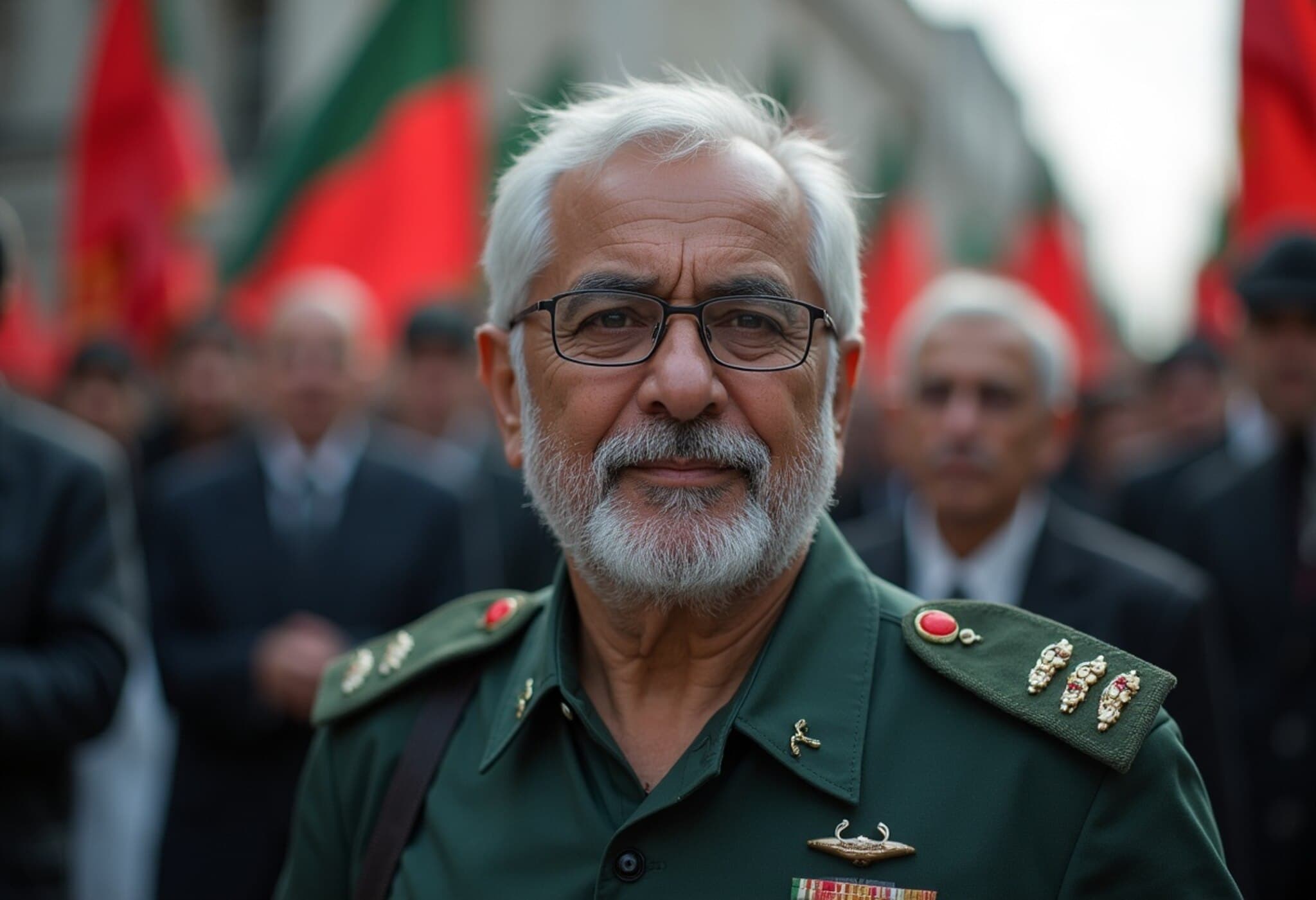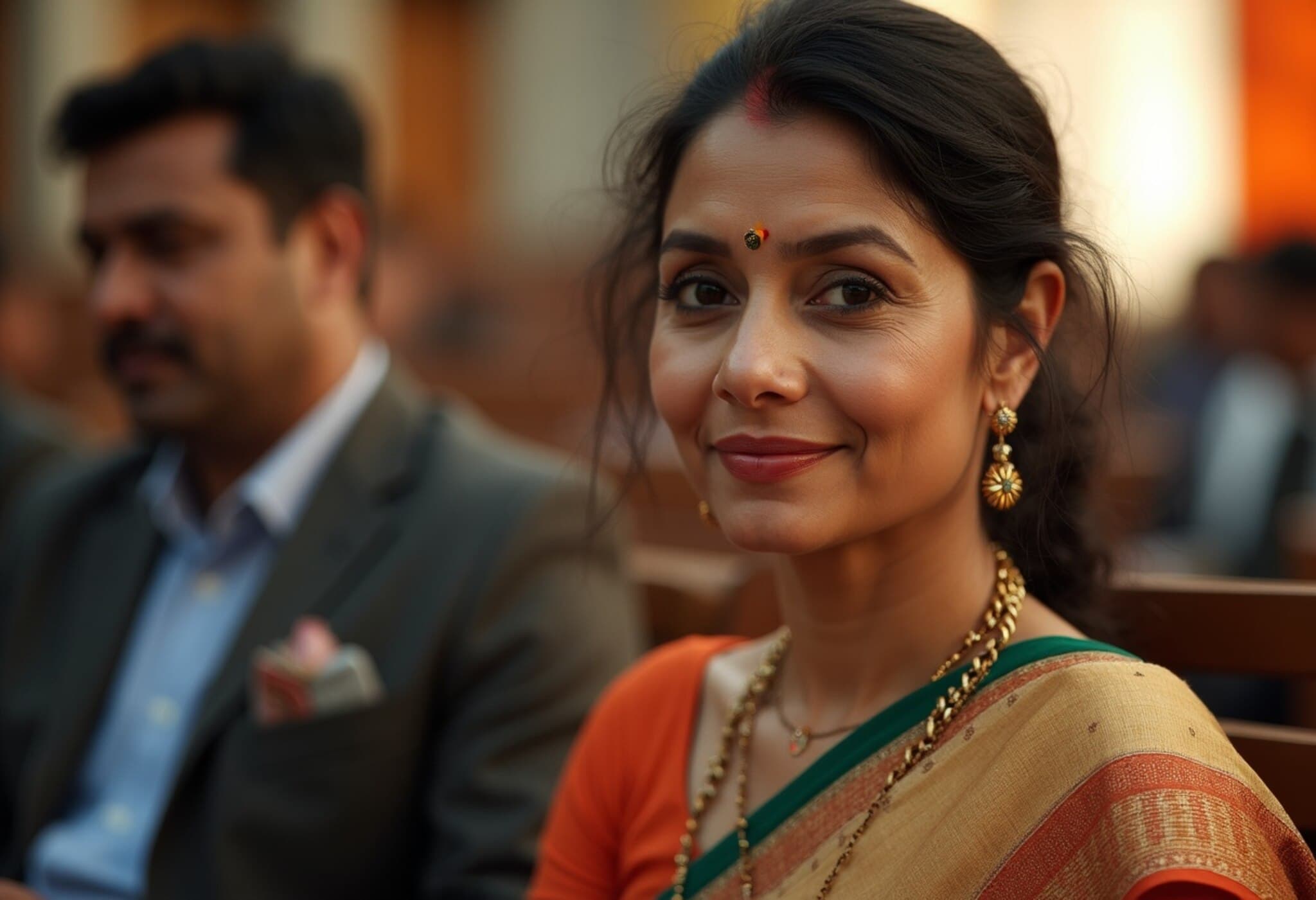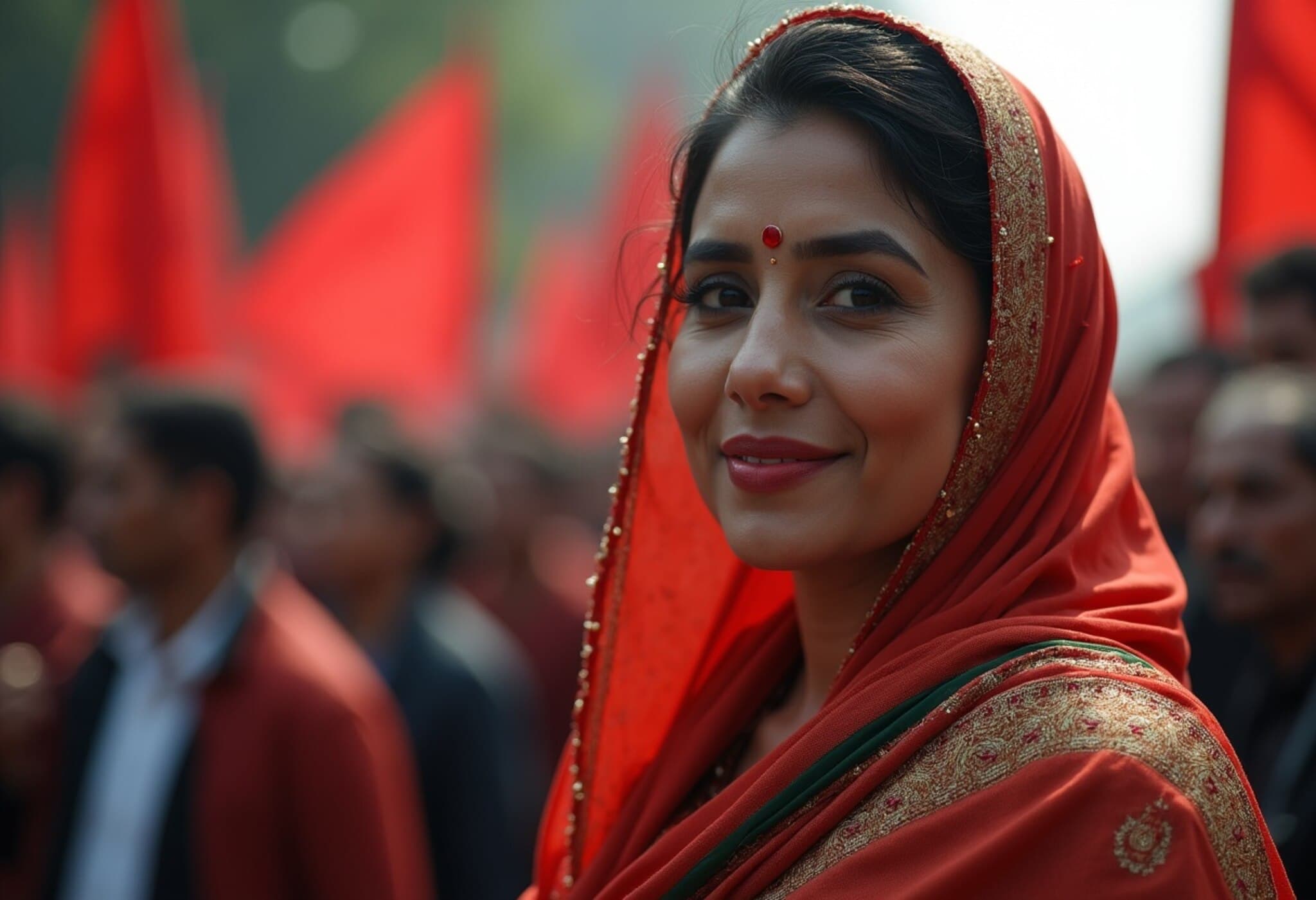Bangladesh’s Political Turmoil: Yunus Calls on India to Restrict Sheikh Hasina’s Broadcasts
In the aftermath of former Prime Minister Sheikh Hasina’s ousting, Bangladesh finds itself in a volatile political climate. Nobel Peace Prize laureate Muhammad Yunus, now leading the interim government, has openly criticized Hasina’s ongoing online addresses from India, urging Indian authorities to prevent her from reaching out to Bangladeshis through social media.
Yunus Appeals Directly to Prime Minister Modi
During a recent discussion at the Royal Institute of International Affairs in London, Yunus revealed that he personally requested India’s Prime Minister Narendra Modi to assist in restricting Hasina’s digital communications aimed at Bangladesh's public. He described the situation as increasingly volatile, as Hasina’s frequent broadcasts often incite anger and unrest within Bangladesh.
“I told Prime Minister Modi, 'You want to host her? I cannot force you to change that, but please help us by ensuring she doesn’t address the Bangladeshi people the way she’s been doing.' Unfortunately, he responded that since it’s social media, it’s beyond their control.”
The Impact of Hasina’s Online Speeches
Since fleeing to India following a student-led uprising in August 2024, Hasina has continued to deliver scheduled speeches via platforms like YouTube and Facebook. Yunus emphasized that these broadcasts frequently provoke public anger, fueling the nation’s instability and frustration.
“She announces the exact day and time she’ll speak, and it stirs intense emotions across Bangladesh. This ongoing tension is deeply troubling,” Yunus noted.
Diplomatic Strains and Legal Proceedings
The strained relationship between Bangladesh and India is further complicated by an informal extradition request for Hasina. Although India has acknowledged receiving this diplomatic note, no substantive action has taken place.
“We want to pursue this properly and maintain a strong relationship with our neighbor. However, misinformation circulating in the Indian media, possibly with links to high-level policymakers, only escalates tensions,” Yunus explained.
Furthermore, the International Crimes Tribunal in Bangladesh has initiated legal action against Hasina, accusing her of crimes against humanity during her final months in power. Legal notices have been served, and there are indications the case may extend to international agencies like Interpol.
Moving Forward: Interim Government's Position
At 84, Muhammad Yunus remains firm in his stance that neither he nor his advisory cabinet intends to participate in future elections. Since Hasina’s removal on August 5, 2024, after a violent crackdown on student protests, the interim government has taken significant steps to stabilize the nation.
- The Awami League, Hasina’s party, was disbanded shortly after the uprising.
- The interim government, led by Yunus since August 8, 2024, supports newly formed political groups like the National Citizen Party, comprised mainly of student leaders.
- Trials targeting former Awami League officials accused of human rights abuses are underway through the International Crimes Tribunal.
Challenges Ahead
Despite these efforts, the persistence of online misinformation and external influences continues to threaten Bangladesh’s path toward stability. Yunus’s direct appeal to India underscores the complex diplomatic and political dynamics at play, highlighting the urgent need for cooperation to restore peace and order.
As Bangladesh navigates this critical juncture, the world watches closely how regional ties and digital diplomacy will shape its future.




